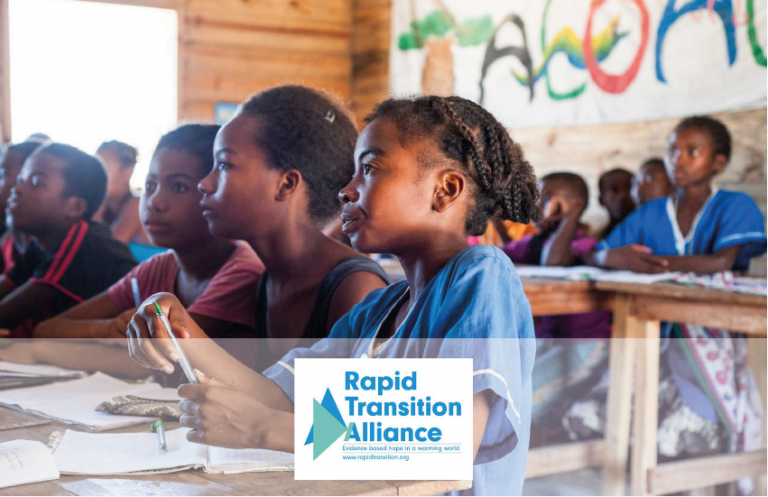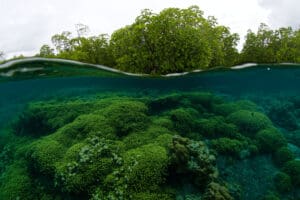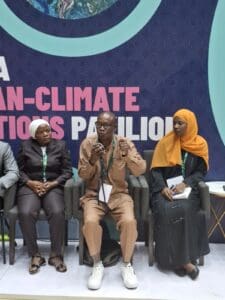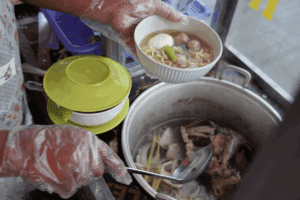In a recently published article by Rapid Transition Alliance, education for girls has been denoted as a “powerful catalyst for rapid change” in tackling the climate emergency. Despite being disproportionately affected by climate shock, it has been highlighted that it is women and girls who could unlock some of the most effective solutions – if their educational opportunities were improved. It is widely understood that if you educate women, you educate a family, which educates a community, and so on.
In a list of 100 emission-reducing activities collated by a coalition of scientists, researchers, business leaders and policymakers for Project Drawdown, educating girls – alongside family planning – ranked at number six, higher than the use of complex technological solutions like solar roof panels and electric cars. This is because, whilst the direct results of green technology are evident, the impact of improving girls’ opportunities are multifaceted and wide-reaching:
“It’s now clear that getting more girls into school, and giving them a quality education, has a series of profound, cascading effects: reduced incidence of disease, higher life expectancy, more economic prosperity, fewer forced marriages, and fewer children. Better educational access and attainment not only equips women with the skills to deal with the effects of climate change, but it gives them influence over how their communities militate against it.”
The article references Blue Ventures’ community health programme in Madagascar, Safidy (which means ‘choice’), as an example of the interconnectedness of the education of girls and success in tackling climate change. Through this programme, Blue Ventures has seen on the ground evidence of the ricochet effect that empowering women can have; the women using our community health services were earning twice as much as women who weren’t and demonstrated having longer term priorities. They are better able to participate in alternative livelihoods and engage in community led marine conservation efforts.
Taking a holistic approach to working with communities, one which ensures that the basic health needs of women and girls are met, means that these communities are more resilient to climate shocks and are better to engage in activities that require longer term planning, such as managing their natural resources sustainably. Through educating and empowering girls, communities are better able to have a vision for the future – living in harmony with their environment therefore becomes a viable possibility.
Read Irene’s story to find out more about the inextricable link between education, health and the environment.
Find out more about the Madagascar PHE Network, which has expanded this holistic approach in Madagascar.
Photo: Louise Jasper


















